Early Childhood Education Careers
Early childhood education careers offer a fulfilling opportunity to shape young minds and contribute positively to society. Working in this field requires a passion for nurturing children’s development during their formative years. As an early childhood educator, my role is crucial in laying the foundation for a child’s future academic success and overall well-being.
In early childhood education careers, professionals play a vital role in fostering a safe and supportive learning environment where children can thrive emotionally, socially, and intellectually. My experience has shown me that effective communication skills are paramount when engaging with both young learners and their parents or guardians. By building strong relationships with families, I ensure continuity between home and school environments to support each child’s holistic growth.

As I continue on my journey in early childhood education careers, I recognize the significance of staying updated on the latest teaching methodologies and research-based practices. Embracing innovative approaches allows me to adapt to the evolving needs of children in today’s dynamic world. Through dedication and continuous professional development, I aim to make a lasting impact on the lives of the little ones under my care.
Understanding Early Childhood Education Careers
When it comes to early childhood education careers, there is a myriad of fulfilling paths one can pursue. From preschool teachers to childcare center directors, the field offers diverse opportunities to impact young minds positively.
In the realm of early childhood education, patience and compassion are crucial qualities that professionals must possess. Educators in this field play a vital role in laying the foundation for a child’s future academic success and overall development.
As an early childhood educator, you may find yourself creating engaging lesson plans, fostering a nurturing environment for children to thrive, and collaborating closely with parents to ensure each child receives the support they need.
Moreover, staying abreast of current trends and best practices in early childhood education is essential for honing your skills and providing top-notch care and education to young learners.

In conclusion, embarking on a career in early childhood education can be both challenging and incredibly rewarding. By dedicating yourself to shaping the minds of tomorrow’s leaders, you’ll not only make a difference in individual lives but also contribute significantly to society as a whole.
Required Education and Certifications
When considering a career in early childhood education, the path to becoming a qualified professional is structured around specific educational requirements and certifications. Let’s delve into what it takes to embark on this rewarding journey:
Educational Pathways
- A minimum of a high school diploma or GED is typically the starting point for pursuing a career in early childhood education.
- Many aspiring educators opt for an associate degree in early childhood education, which provides foundational knowledge in child development, teaching strategies, and classroom management.
- Pursuing a bachelor’s degree in early childhood education or a related field can offer more comprehensive training and open up advanced career opportunities.
Certification Requirements
- In addition to formal education, obtaining state licensure or certification is often mandatory for working in public schools or receiving government funding at childcare centers.
- The Child Development Associate (CDA) credential is widely recognized and demonstrates competence in the field. It involves assessment through observation, documentation, and a written exam.
Ongoing Professional Development

- Continuous learning is crucial in the field of early childhood education. Educators are encouraged to participate in professional development workshops, conferences, and seminars to stay updated on best practices.
Embarking on a career in early childhood education entails dedication to gaining the necessary qualifications and staying current with evolving practices. By meeting educational milestones and obtaining relevant certifications, individuals can lay a solid foundation for making a positive impact on young learners’ lives.
As I reflect on the vast landscape of early childhood education careers, it’s evident that this field offers a myriad of opportunities for those passionate about shaping young minds. Whether one chooses to become a preschool teacher, childcare center director, or early intervention specialist, the impact on children’s lives is profound and lasting.

